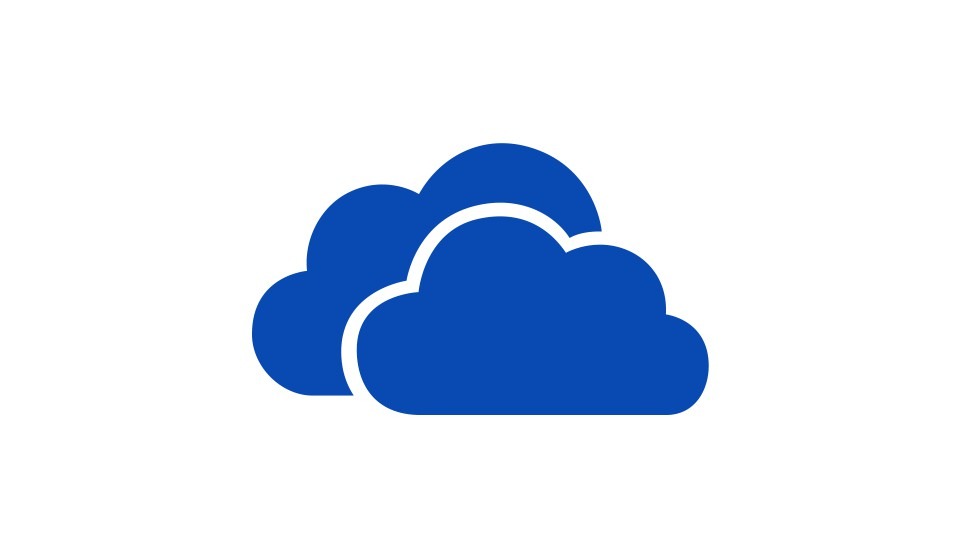Microsoft is making sweeping downgrades to its OneDrive cloud storage services, most notably eliminating unlimited tiers for subscribers to Office 365.
Those users will now be limited to 1 terabyte of storage, the company revealed in a blog post. The company blamed a "small number of users" who were leveraging their space to upload PC backups, DVR recordings, or whole movie collections.
"In some instances, this exceeded 75 TB per user or 14,000 times the average," Microsoft explained. Office 365 subscribers already over the 1 terabyte limit will be able to keep their current storage for another 12 months, or receive a pro-rated refund.
The company is also scaling back its free tier from 15 gigabytes to 5 however, and eliminating an associated 15-gigabyte camera roll bonus. Once changes take effect in early 2016, people who have more than 5 gigabytes uploaded will be able to keep all their files for 12 months, and get a free year of Office 365.
Separately, 100- and 200-gigabyte plans are being eliminated for new users in favor of a 50-gigabyte option costing $1.99 per month, also launching in early 2016. People who are currently subscribed to the 100 or 200 plans will be able to hold onto them.
Apple offers just 5 gigabytes for free on iCloud, but is selling a 50-gigabyte plan for 99 cents per month, and 200 gigabytes for $2.99. A full terabyte is $9.99, exactly $3 more than Microsoft, which bundles in an Office 365 subscription.
Google Drive offers 15 gigabytes for free, or 100 gigabytes for $1.99. Its 1-terabyte plan costs as much as Apple's, but 10-, 20-, and even 30-terabyte options are available, costing up to $299.99 per month.
Dropbox is perhaps the most restrictive of the major cloud services, offering just two plans for individuals: 2 gigabytes for free, or a terabyte at $9.99 per month or $99 per year. People can, however, garner up to 16 gigabytes of free storage through things like referrals.
 Roger Fingas
Roger Fingas








 Christine McKee
Christine McKee
 Charles Martin
Charles Martin
 Wesley Hilliard
Wesley Hilliard

 Malcolm Owen
Malcolm Owen

 William Gallagher
William Gallagher










54 Comments
Absurd. Microsoft apparently does not want to really be in the cloud business.
Microsoft shot themselves in the foot with this. They didn't need to offer an unlimited plan when their current plans were good anyway. Their Office 365 Home is a bargain with 5TB for $99 a year and the full version of Office (including Access) thrown in for free.
If they never made the ridiculous offer in the first place they wouldn't suffer the backlash of cancelling it later.
I wonder if Apple can exploit this somehow and gain users?
It was all explained and in fact I knew something like this would have to happen at some point. You can't have an unlimited storage device because physics can't be bypassed. 75 TB is a huge amount in anyone's book and if everyone used 75TB then they would run out of space fast. This is once again the few ruining it for the many.
[quote name="sog35" url="/t/189906/microsoft-makes-across-the-board-downgrades-to-onedrive-storage-options-ditches-unlimited-tiers#post_2800766"][QUOTE name="EricTheHalfBee" url="/t/189906/microsoft-makes-across-the-board-downgrades-to-onedrive-storage-options-ditches-unlimited-tiers#post_2800757"] Microsoft shot themselves in the foot with this. They didn't need to offer an unlimited plan when their current plans were good anyway. Their Office 365 Home is a bargain with 5TB for $99 a year and the full version of Office (including Access) thrown in for free. If they never made the ridiculous offer in the first place they wouldn't suffer the backlash of cancelling it later. [/QUOTE] That still doesn't explain why they lowered the free tier from 15GB to 5GB. [/quote] Because it's fine for millions of users.